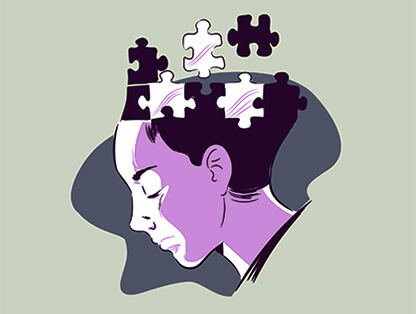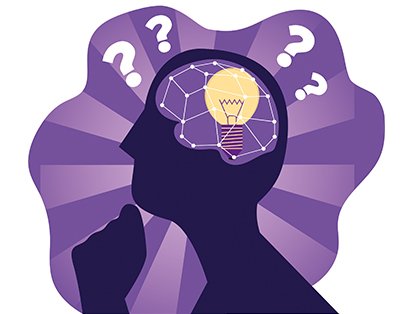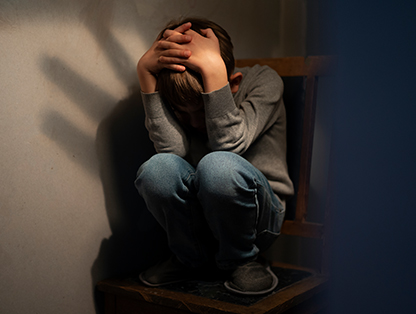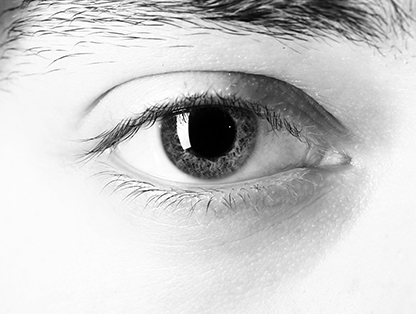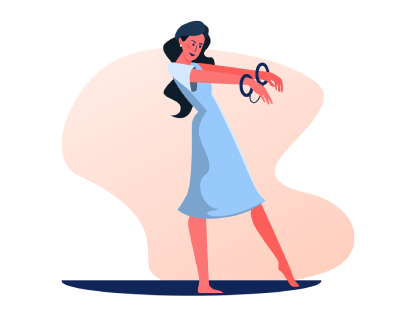I have a constant fear of rejection, which makes it difficult for me to connect with others.
When I'm in a social setting, I tend to remain quiet because I worry that others will judge my opinions.
I often feel uncomfortable in situations where I have to interact with strangers or new acquaintances.
I prefer to stay in the background during social events, as I worry about being rejected or criticized.
I avoid forming close relationships because I'm afraid of being vulnerable and potentially getting hurt.
I tend to overanalyze my actions and words, concerned that I might have said or done something wrong.
I often feel inferior to others, even when there is no logical reason for it.
I worry that if I show my true self, others will reject or ridicule me.
I avoid situations where I might be the center of attention, fearing embarrassment or humiliation.
I often feel anxious about others' opinions of me and spend time wondering what they think.
I have a difficult time accepting compliments, as I feel they might be insincere or sarcastic.
I find it hard to make decisions because I'm afraid of making the wrong choice and being judged for it.

